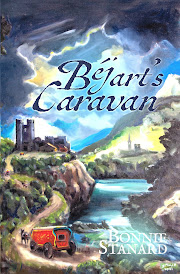Cultural appropriation is censorship by another name
One of the sessions at the SC Writers Association’s conference Saturday allowed writers to read aloud their query letter to a panel of three literary agents for critique. I made a mistake. Because I hadn’t read the directions carefully, I arrived with a pitch instead of a query letter, which I read anyway despite my embarrassment.
However, I couldn’t have been as disappointed with my critique as another writer who actually read a query letter. Her book, the subject of the letter, involved a story with a slave.
The subject of “appropriation” dominated the agents’ comments. Appropriation in writing is commonly understood to mean that a writer adopts customs, behavior, habits, etc., of a culture that’s not their own in producing a book. For example a white writer produces a story about a black, or a Latino writes about an Asian.
The writer at the conference who read her query letter before the panel was cautioned that we have to be careful in today’s environment. By the time the agents finished their cautionary statements, it was clear that the writer’s book had no chance of being published. The problem was her color. She was white and her story involved a black slave.
When it comes to cultural appropriation, a distinction should be made between historical fiction and contemporary fiction. It is easier to understand that ethnic groups have a right to claim their story as it exists today. Who better to understand the traditions, language, and ideas than one of their own members?
But historical fiction is another matter. The most contentious issue today is that blacks claim ownership of their history as slaves. The argument goes that they were the ones who suffered and no white (or yellow or red) person can understand this. But how can a black person living in the 21st Century understand what their ancestors underwent over a hundred years ago?
A white writer has as much access to the Slave Narratives and
slave autobiographies as a black writer. When you come to think of it, one of
the most powerful books written about slavery was written by a white woman. Historians
credit Uncle Tom’s Cabin by Harriet Beecher Stowe with galvanizing the abolition
movement. Are we to say she had no right to write this book?
Restricting historical fiction novels to certain authors based on ethnicity limits our perspective, imagination, concepts and understandings. The losers here are not just whites but black, reds, and yellows, the entire spectrum of literature.













No comments:
Post a Comment